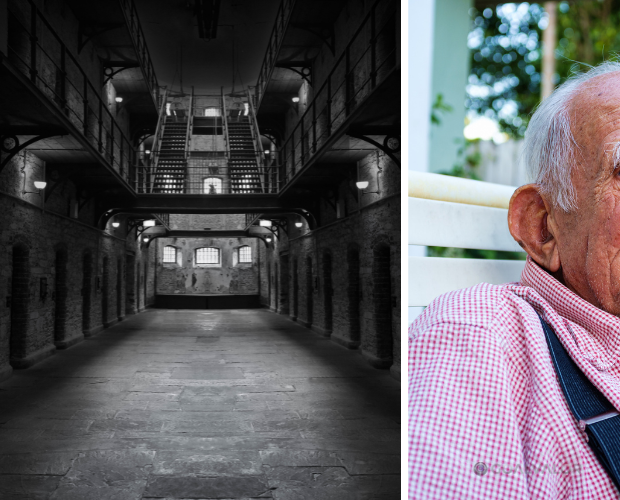Madrid in Darkness: Emergencies Don’t Erase Who We Are. They Reveal It.
Last Monday, Madrid experienced more than just a power outage. For several hours, the city became a silent version of itself. Traffic lights down, tunnels closed, stations shut, and a population facing a challenge as unpredictable as it was real: how to get home when everything else stops.
What unfolded in those darkened streets wasn’t just traffic and chaos. It was an X-ray of behaviors, decisions, and priorities. And taxis, more than ever, became both stage and protagonists in stories worth telling.
“It Felt Like the ’70s Were Back”
Verónica, a taxi driver with 15 years of experience, put it this way: “I’ve never seen anything like it.” What struck her most wasn’t the collapse itself, but how people responded. Handwritten signs with destinations, like improvised hitchhiking posters: from Embajadores to Móstoles, from Plaza de Castilla to Alcobendas. People asking for help with what they had: paper, ink, and patience.
“It felt like the hitchhiking days of the ’70s were back,” she said. And she didn’t say it with nostalgia. She said it with awe.
Tough Choices: Between the Meter and the Conscience
In a city where everything is measured in minutes, meters, and rates, many behind the wheel were forced into an uncommon decision: follow protocol or follow instinct. Verónica lived it first-hand. An elderly couple asked her to get to the hospital to meet their newborn grandchild. In just 400 meters, the meter showed 22 euros.
“I felt bad. I drove them back home and only charged them 10. It was the least I could do,” she recalled.
Similar stories repeated throughout the day. Some rides went unpaid. A young woman broke down in tears when she realized she couldn’t pay: no network, no cash. The driver told her not to worry. Another taxi driver froze the meter at 70 euros while driving an elderly passenger across the city. “I wasn’t going to get any richer over 30 more euros,” he said.
When there’s no handbook, people act from within. And that’s exactly what came to the surface that day.
Asturias by Taxi: When Plan B Becomes Plan A
On Castellana Avenue, a couple from Asturias—on a business trip to Madrid—decided that getting home by taxi was better than not getting home at all. They needed guarantees: a full tank, a willing driver. And they found one. No scams, no shocks. Nearly 500 kilometers sealed by one logical decision: necessity doesn’t wait for Renfe.
The Other Side: When Taking Advantage Has Its Own Rate
But not every story was exemplary. Several taxi drivers pointed out that, while they were trying to keep the city moving, some VTCs were working outside the law. Picking up passengers without prior booking—something strictly forbidden—and charging fares that multiplied the usual price.
“Trips that usually cost 10 euros went up to 100. That has a name we all know, even if no one wants to say it aloud,” said one driver.
The blackout cut off electricity, yes. But it also lit up discussions that were already simmering.
It wasn’t just about transport. It was about humanity.
Gas stations were shut. Tunnels blocked. Lines jammed. But the real force that kept the city afloat that day wasn’t electric—it was human. A taxi driver taking two and a half hours to cover seven kilometers. Another detouring to get a family to the hospital on time. A community improvising solutions in a ruleless environment.
And yes, there were those who took advantage. Because emergencies don’t erase who we are. They reveal it.
When everything turns off, what remains is character.
And character has no rate. It has values.









